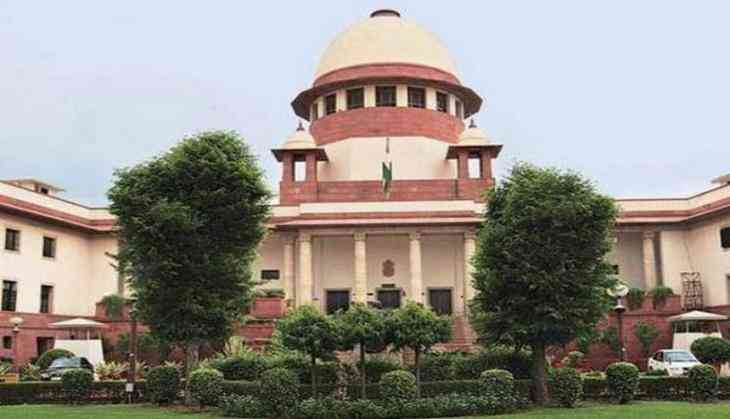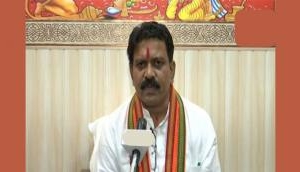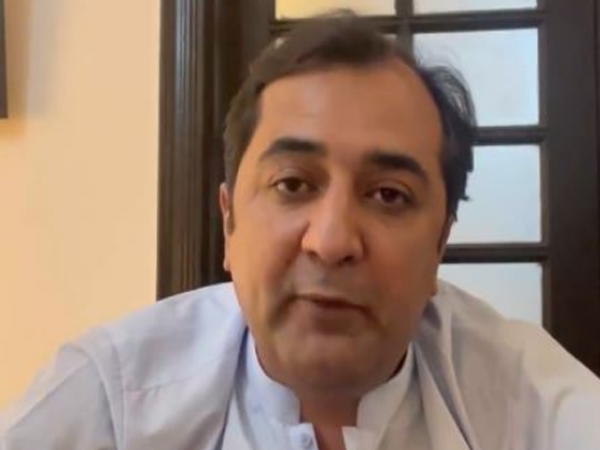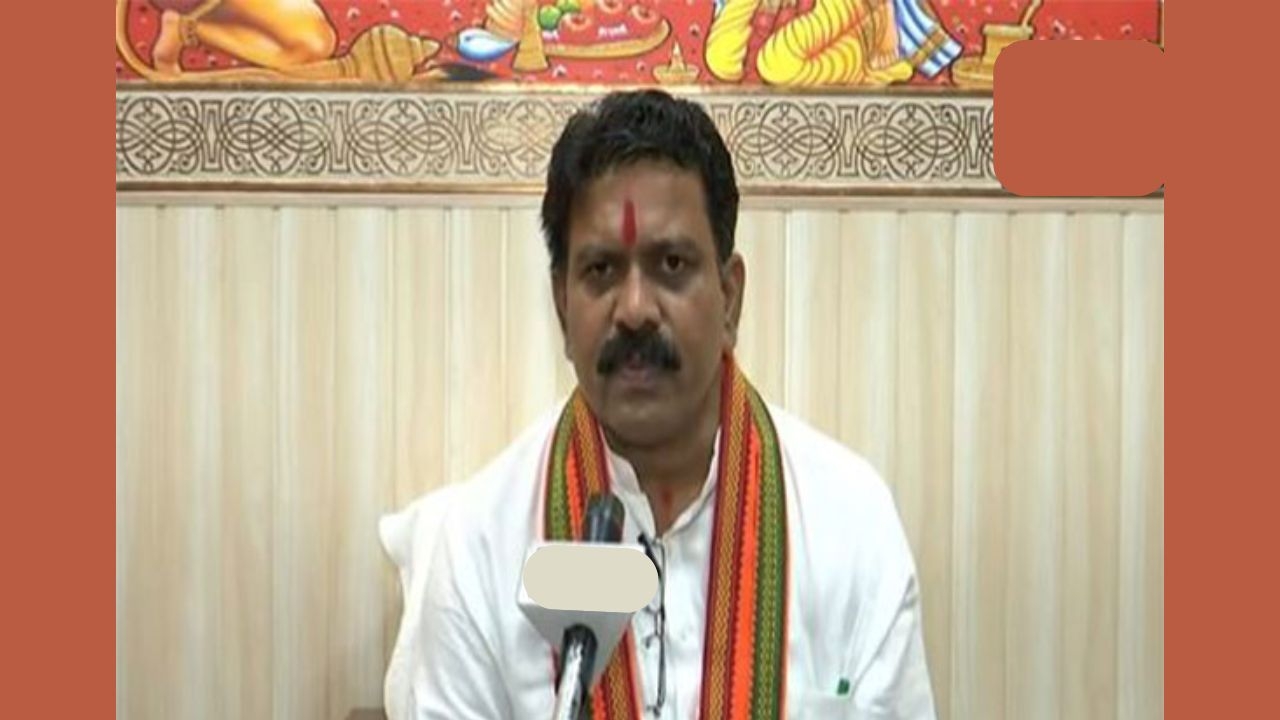
Ruling out the automatic arrest and FIR (First Information Report) under ST/SC Act, Supreme Court said that harassment of an innocent citizen irrespective of caste or religion, is against the guarantee of the constitution and the apex is bound to enforce this guarantee.
A bench of Justices Adarsh Goel and U U Lalit noted that a preliminary enquiry by an officer not below the rank of deputy superintentdent is must before arresting a public servant under the SC/ST Act. The bench also said that there is no bar in granting anticipatory bail in cases registered against public servants in the SC/ST Act. It held that a person can get a pre-arrest bail if the prima facie shows that the allegations are motivated, false and fabricated.
“Liberty of one citizen cannot be placed at the whim of another. Law has to protect the innocent and punish the guilty. Thus considered, exclusion has to be applied to genuine cases and not to false ones. This will help in achieving the object of the law," said the bench of the apex court.
“There is need to safeguard innocent citizens against false implication and unnecessary arrest,” said the Court while ruling out the arrest even after the FIR. And the written permission of the Senior Superintendent of Police or DSP will be must to make arrest and in case of a public servant the permission is necessary from the appointing authority.
“Such permissions must be granted for recorded reasons which must be served on the person to be arrested and to the concerned court," noted the court.
"This may require check on false implications of innocent citizens on caste lines. It is necessary to express concern that working of the Atrocities Act should not result in perpetuating casteism which can have an adverse impact on integration of the society and the constitutional values," noted the bench.







![BJP's Kapil Mishra recreates Shankar Mahadevan’s ‘Breathless’ song to highlight Delhi pollution [WATCH] BJP's Kapil Mishra recreates Shankar Mahadevan’s ‘Breathless’ song to highlight Delhi pollution [WATCH]](http://images.catchnews.com/upload/2022/11/03/kapil-mishra_240884_300x172.png)

![Anupam Kher shares pictures of his toned body on 67th birthday [MUST SEE] Anupam Kher shares pictures of his toned body on 67th birthday [MUST SEE]](http://images.catchnews.com/upload/2022/03/07/Anupam_kher_231145_300x172.jpg)






